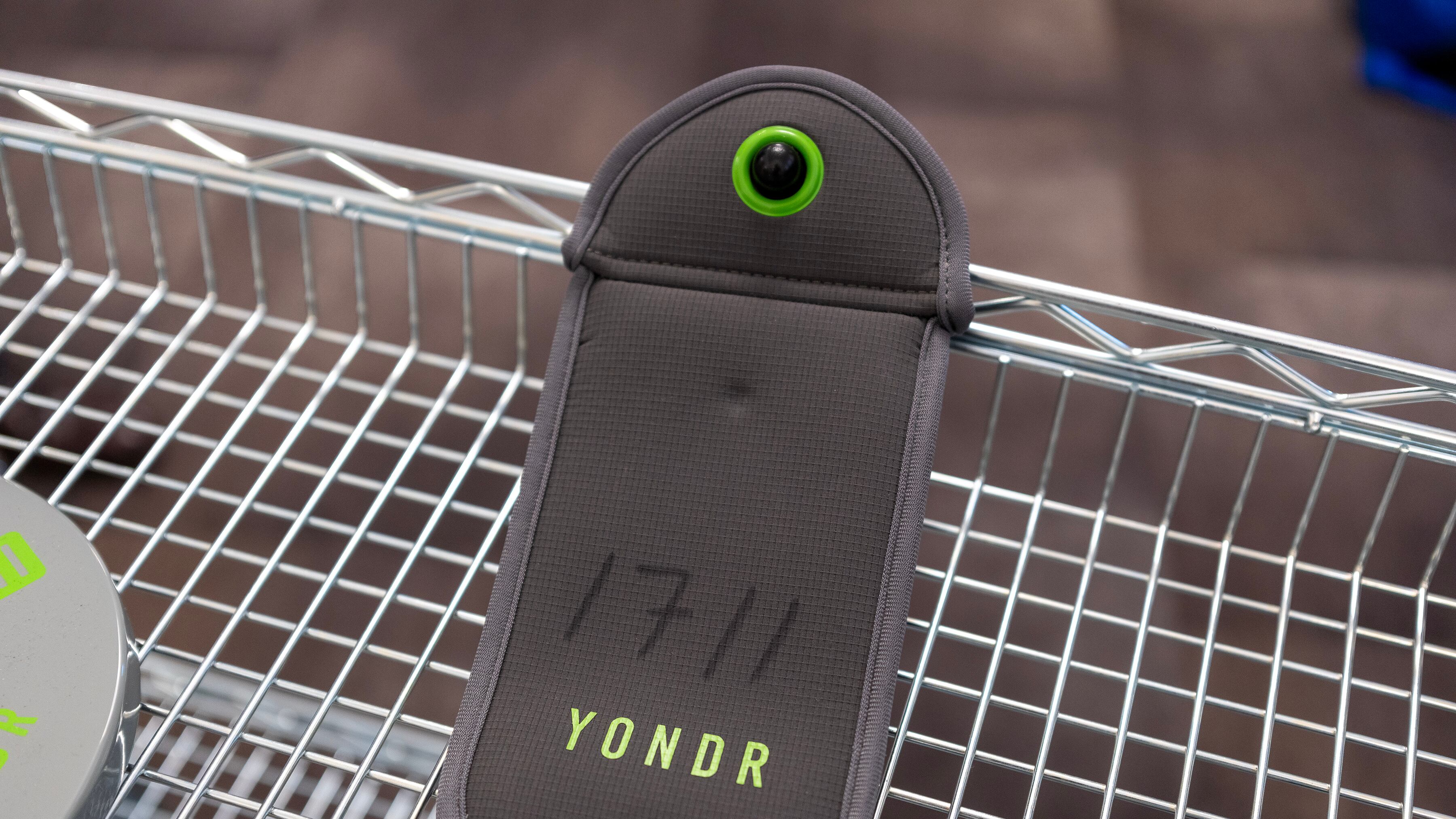An executive order from Gov. Tina Kotek in early June instructed all 197 Oregon school districts to develop bell-to-bell cellphone policies.
Oregon’s largest district, Portland Public Schools, was already one step ahead, having developed an off and away cellphone policy through the last school year. But on Aug. 5, Portland School Board members raised a number of concerns they had about implementing the policy ahead of the academic year, slated to begin on Aug. 26.
One worry among School Board members was how different schools would go about enforcing the cellphone ban, with some asking for money to afford Yondr pouches and others opting for cheaper lockboxes. Several noted Kotek’s order does not include any funding for enforcement tools like those pouches.
“There’s an immense cost and that is not funded centrally,” Jon Franco, PPS’s senior chief of operations, said at the meeting of the Yondr pouches, adding that in an ideal world the district would “absolutely” enforce consistently with pouches.
Other board members were concerned that most parents are not yet aware of the extent of PPS’s electronic ban policy, which also applies to watches and other smart devices. Board member Christy Splitt, who has children in elementary school, says plenty of parents send their children to school with those and advocated for messaging to be clearer on the elementary level.
But board members seemed most unsettled by loose communication around what discipline would look like if a student violated PPS’s phone policy.
Board member Stephanie Engelsman flagged language in the policy that students could be subject vague disciplinary policies, and urged for more clarity.
Engelsman expressed concern especially since Kotek’s order specifies that students should not be subject to discipline that would cost them instructional time. Even with the assurance from district officials that students would not lose that time, Engelsman noted that wasn’t clear in the policy.
Currently, a PPS administrative directive on the cellphone policy notes that “progressive discipline” should begin “at the lowest possible level reasonably calculated to change the student’s behavior and minimize the loss of instructional time,” but that “serious violations may require a more elevated response.”
“I’m really uncomfortable with the idea that there isn’t a broad, clear [policy] so that students and their families know what to expect in a discipline situation,” Engelsman said.
Board member Rashelle Chase-Miller also raised concerns around language in the policy that indicates students can be subject to searches. The administrative directive currently gives school officials permission to search students if they have “reasonable suspicion” that someone is in possession of an electronic device.
“The discipline thing is a potential area where poor students or students of color might be subject to more searches and disciplinary action,” said Michelle DePass, the board’s vice chair. “That concerns me.”
Franco said there is “no want to search” and that school administrators are “very aware” of potential bias in enforcement. He added PPS is prepared to do a lot of calibration on how it enforces the policy.

